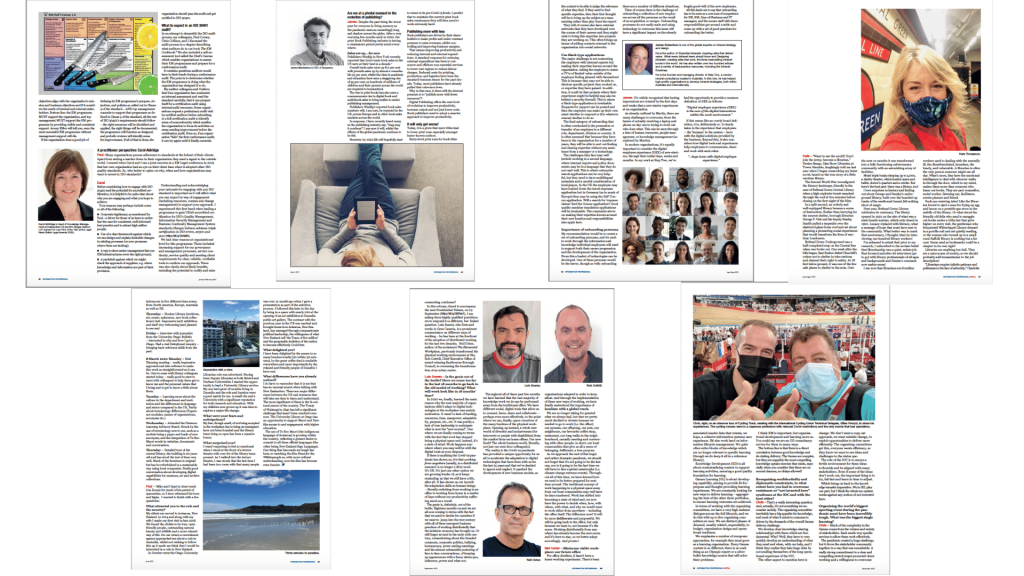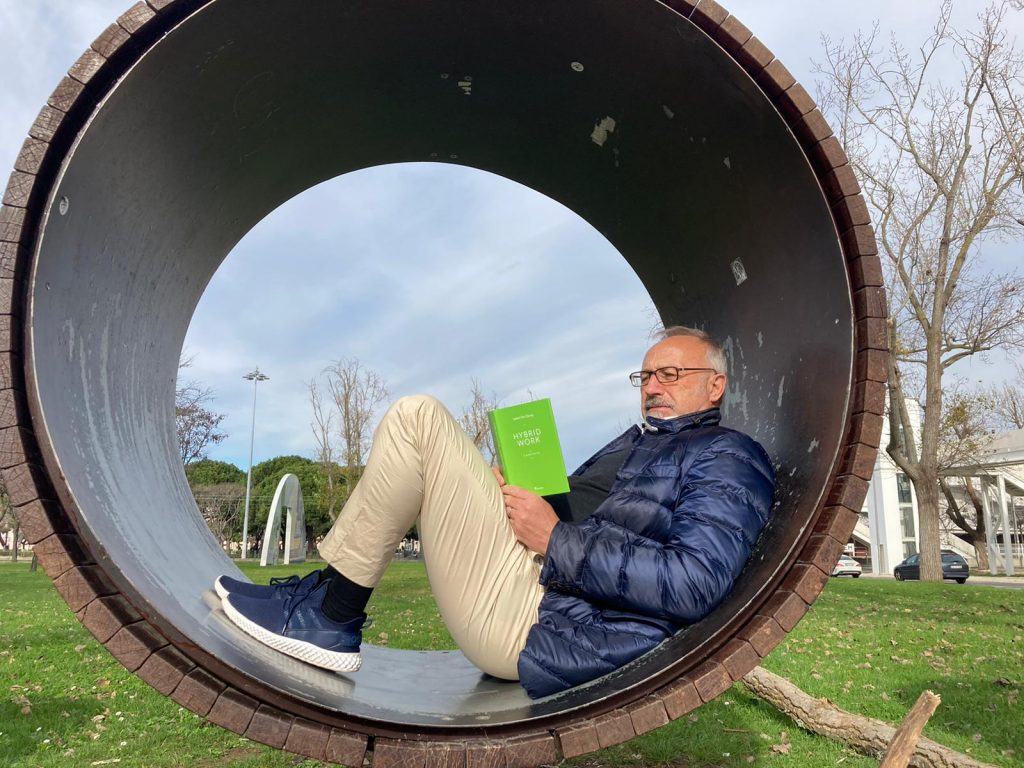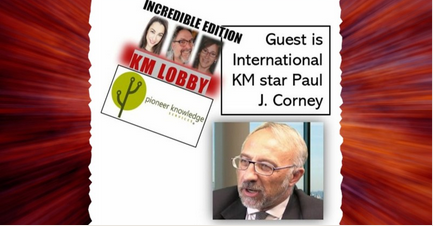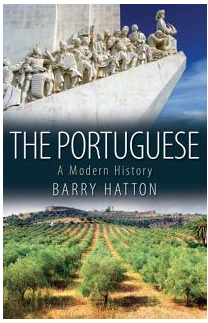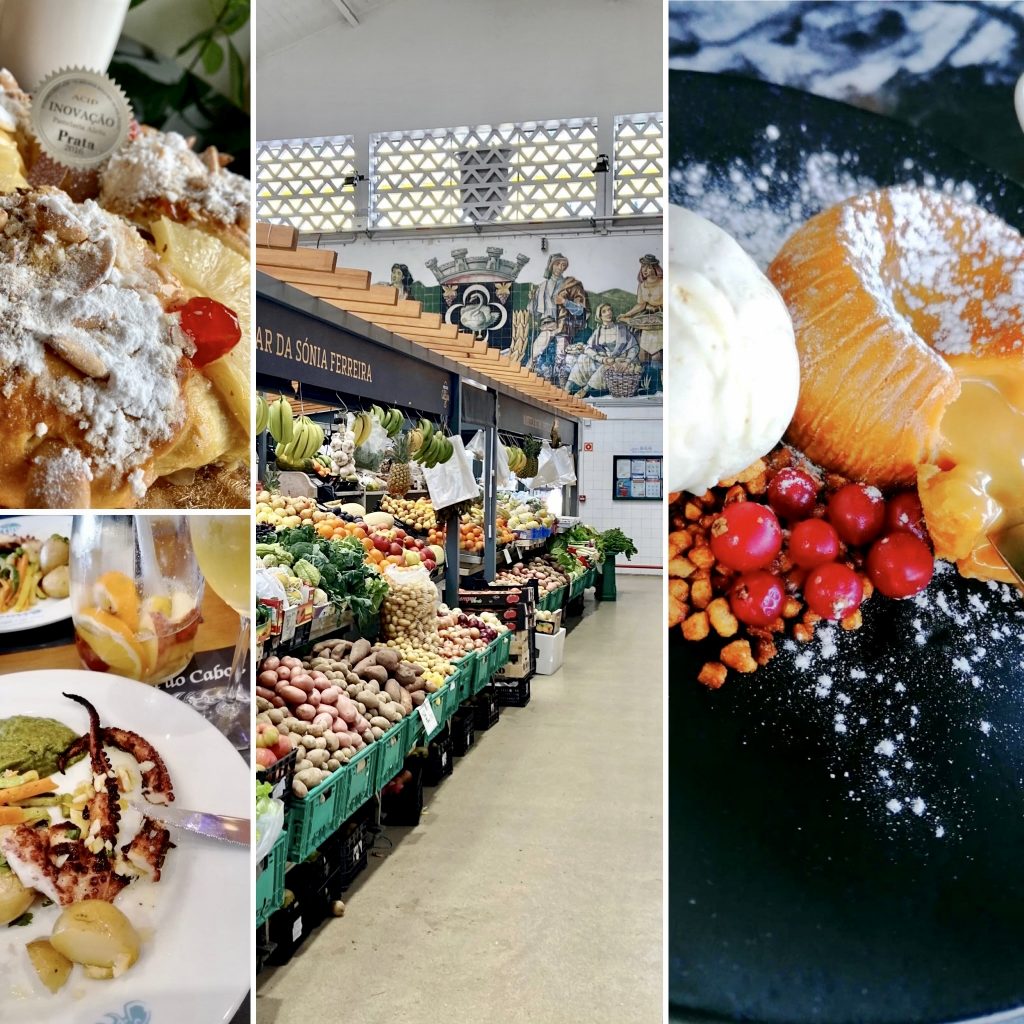May was a busy month. Apart from helping establish then launch a real estate and mortgage business (Bees Homes) I was in Lisboa for Social Now and London for KM Legal UK.
I attended both in the expectation of learning more about the onrush of Artificial Intelligence and its implications for the Knowledge Management profession.
Specifically, I wanted to see how the encouragingly styled Talent and Knowledge Matching / Profiling systems might tackle the challenges of knowledge loss when people depart, of onboarding when people arrive and identifying / ranking expertise that might otherwise be opaque when pulling together teams.
It’s not a new topic: back in the late 90’s I was Business & Strategy Advisor to Sopheon PLC when we acquired Organik (a technology for identifying expertise) and built systems for US Insurers looking to establish the best teams for clients based upon expertise. We never cracked it even though we knew what the issues were (usually motivation)!

Seeking answers at SocialNow Lisboa while Keynote speaker Ellen Trude watches.
Armed with a list of ‘use cases’ I’d worked on with Martin White I set off in search of answers to these questions from both vendors and KM practitioners?
- Onboarding: A new employee with many years of highly relevant experience joins the firm. How long will it be before their experience is ranked at the same level as their predecessors?
- Legal: Is the profiling process compatible with the provisions of the General Data Protection Regulation? The thoughts of the Information Commissioner on this are worth a look. Profiling & Automated Decision Making
- Functionality: Do they offer the ability to present a list of people ranked by expertise?
- Language: In multinational companies where it is especially difficult to know all the experts, how does the vendor coppe with the fact that documents, meetings and social media traffic will be in local languages?
- Chinese Walls: How does the application cope with expertise gained on projects that are secure, a common issue in law, finance and R&D where walls need to be erected to prevent commercial information being divulged>
- Testing: What User Testing is undertaken with a client before signing a contract to verify that the profiling system works?
So, what did I discover? Thierry de Bailllon in his closing Keynote put it very succinctly but with a caveat:
Embrace or die? 88% of technologies already include AI.

Self reinforcing bias?
it’s not Enterprise Social Networks (ESN)!
This Twitter exchange between Ana Neves and Luis Suarez prompted by a question I posed of the Workplace (Facebook at Work) team following their presentation is revealing:
So, ESN can show who has answered what question, conduct searches across conversations and in many cases act as a project management tool, the new Facebook at Work (Workplace) now allows the creation of documents for example.
Provided the application is linked to HR systems it is possible to retrieve profiles and see what expertise an individual might have. As one vendor (@OrangeTrail showcasing Facebook at Work)) who uses bots to generate responses put it:
‘Questions’ is the key to find experts as people don’t keep profiles updated.
I concur and they are great facilitation platforms though with advanced features that will suffice for many. Yet I left Lisboa though feeling organisations will need to rely on assisted search for some time if they want to take a deep dive into expertise
know what you don’t know

Peer Assist “Problems” for discussion
So onto London and KM Legal UK. An interesting Day One ended with a psuedo Peer Assist in which AI was raised a lot.
One observation (facilitation tip): the session failed to commit the ‘owner’ of the problem to action so as a result the feedback loop to plenary became a series of “we said this.”
Again, as in previous years I felt the focus was on operational tools and techniques which means that KIM Professionals in Legal are more at risk from the onrush of technology.
It reminded me of the issue Librarians faced with the arrival of end user search in the mid 90’s which finished their monopoly of being the people who found stuff in organisations.
Day Two took a deeper dive into technology and its potential impact.

AI in Legal today
This slide sets out where AI is making a difference in Legal.
I tweeted having heard excellent presentation:
As yet no one had focused on expertise and profiling so when one presenter cited the case where a newly arrived CEO asked the Head of HR / Talent Management to let him have profiles / competencies of the staff using their system it got my attention.
I asked whether the results the HR head gave the CEO inferred a level of expertise. It didn’t which got thinking that if the data set is incomplete and the issue of self reinforcing bias is not addressed then over reliance on one source for identifying ‘experts’ is dangerous. Imagine your career prospects if for whatever reason your name wasn’t on the ‘expert’ list given to the CEO?
and finally
So where do I see the state of expertise and profiling systems? Patchy!
Yes there are certainly companies who ‘get it’ but can they do it?
I am indebted here to Martin White who in an excellent report “People and expertise seeking – an overview” summarises the predicament thus:
The most important lesson learned is the need for an expertise location strategy that is linked into HR processes, knowledge management, training, job appraisals and social media development. Finding people with expertise is not a ‘search problem’. Good search tools can certainly help but without attention being paid to profile quality (even if other types of content are being searched) and a commitment by employees to share their knowledge expertise discovery will not be as successful as anticipated or required.
My takeaways:
- KIM professionals need a clear strategy (working in partnership with other stakeholders such as HR and IT) and be clear on the questions being solved by any system;
- They need to be clear what they are getting, what’s missing and how it mitigates the potential for self reinforcing bias when they enter discussions with vendors around automating expertise seeking and profiling;
- They need to recognise the importance of their role in facilitating the adoption of such systems and accept this is just a part of a portfolio of approaches of identifying, capturing and retaining expertise;
- They need to be clear what critical knowledge actually is in their organisation and who is likely to have it in order to assess the veracity of the results of any pilot;
- It doesn’t matter what solution you adopt, if your environment is not conducive to the sharing of expertise and people don’t see the value in it then save the money; and
- In any event you cannot capture everything people know; we learn and share through stories (failures rather than successes) and those often remain hidden.
